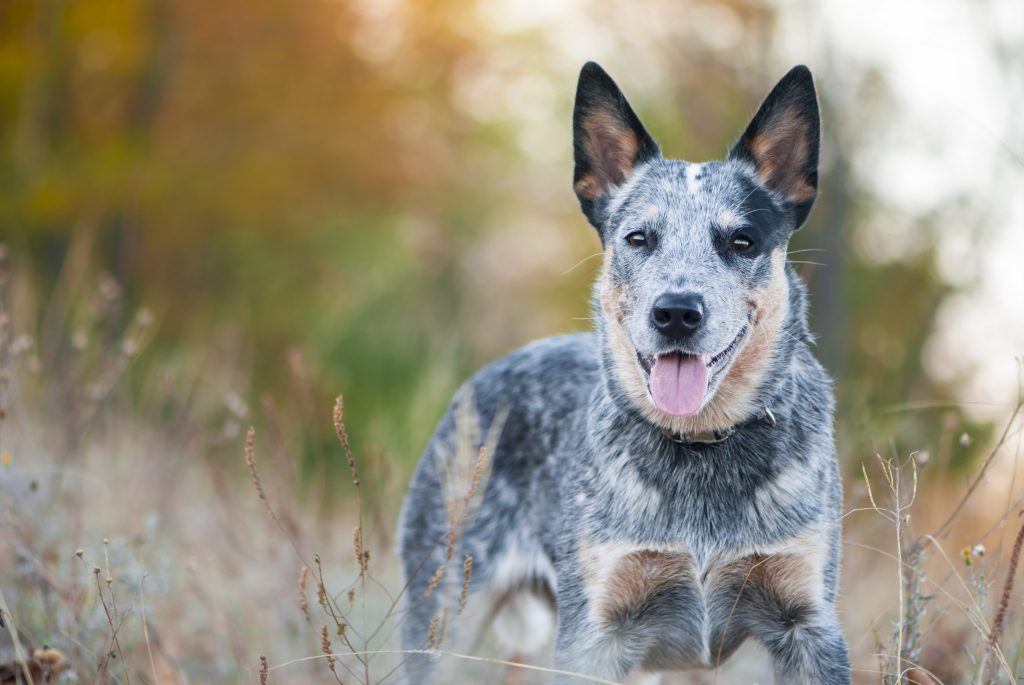As a pet owner, it’s of the utmost importance to make sure your furry friend is as healthy as can be. After all, what you dedicate to your pet through diet and exercise can directly affect their overall health. Even though the longevity of your pet is dependent on several factors, some breeds tend to have fewer health issues compared to others.
Diseases and illnesses are commonly passed down through genetics. The best way to learn about the health of your pooch before bringing them home is checking out their parent’s health clearances by a reputable organization. A breeder should be able to provide verification that the dog’s genetics are free of any hereditary conditions.
However, keep in mind if you get your dog from a rescue (which is encouraged), this information cannot be provided to you.
Luckily, there are several known dog breeds with fewer health problems than others. Keep in mind that genetics play a minor role in the entire equation. Nutrition, exercise, and regular check-ups with a veterinarian are all elements that contribute to the overall longevity of your furry friend. Below is a list of some of the healthiest dog breeds.
Australian Shepherds
Living anywhere between 12 to 15 years, Australian Shepherds are known for their good genetics and high intelligence. This all-purpose farm dog rarely has bone or skin complications that commonly affect other breeds. With plenty of mental and physical stimulation on a daily basis, this dog will have no problem living a long and healthy life.
Border Collies

Due to their athleticism and high energy levels, Border Collies can outlive many other dog breeds. Daily exercise and outdoor activities are a must to keep this pup’s mental and physical state in check. Owners admire the Border Collie for being exceptionally obedient, loyal, and intelligent – making them an ideal addition to any family.
English Springer Spaniels
From hunting grounds to showrooms, the English Springer Spaniel showcases a wide variety of beloved traits. They are loyal family companions that thrive from any kind of human interaction. While this breed is quite healthy compared to usual standards, they are prone to a variety of canine eye problems. In order to mitigate this from happening, make sure to schedule regular check-ups with your veterinarian.
Chihuahuas
Generally speaking, the smaller the breed, the longer the lifespan, and that is no exception when it comes to the Chihuahua. This dog has one of the longest lifespans to date, living well over the age of 15. Their adorable size and spunky personality place them within the top 50 most popular dog breeds in the United States today. With plenty of love and affection, the Chihuahua will be a loyal member of your family for years on end.
German Pinschers

The German Pinscher is a medium-sized pooch full of energy and spunk. Showcasing a personality all their own, German Pinschers have a lively character that is cherished by their human counterparts. Luckily for these owners, this breed is also known to have a relatively clean bill of health when it comes to hereditary conditions. On average, a German Pinscher will live anywhere between 12 to 14 years.
Australian Cattle Dogs
Independent, hardworking, and protective, the Australian Cattle Dog is a popular herding breed in the United States. Loved for their high energy and impressive intelligence, these dogs need plenty of exercise and training for optimal health. Even though this is a larger-sized breed, the Australian Cattle Dog has a long lifespan of 12 to 15 years.
Belgian Malinois
Bred for performance and agility, it’s no wonder why the Belgian Malinois has some of the healthiest genetics compared to any other kind. They also have a high level of intelligence that surpasses most canines, making them appealing to not only families, but the police force as well. Once a Belgian Malinois is properly trained (which can take a lot of effort), they will be the most loyal and obedient pet you could ever ask for.
The health of your pet should always be of concern. While exercise, proper nutrition, and regular check-ups are all important factors to consider, their genetics can play a significant role in their overall longevity.




